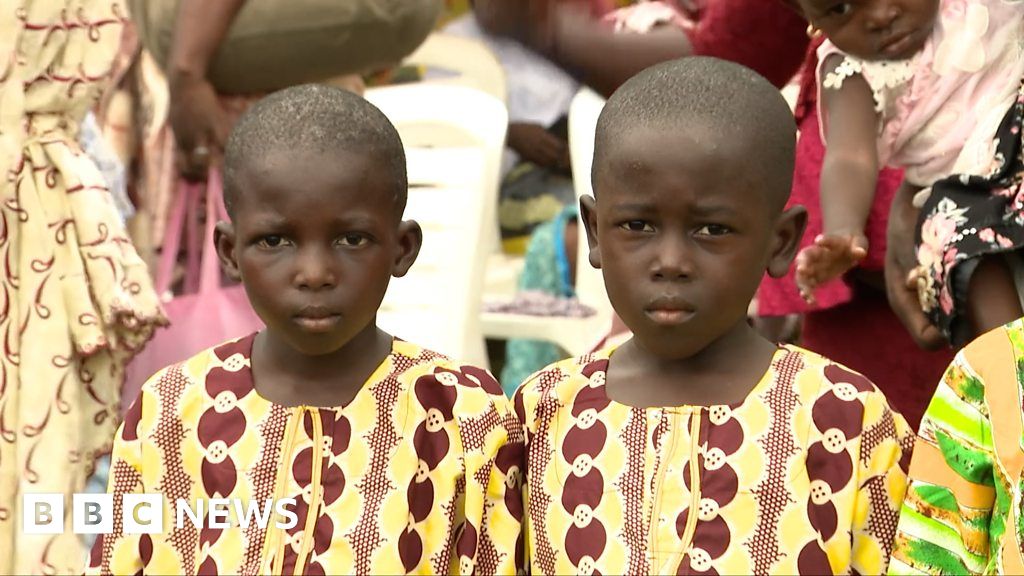

Usually, the messenger who appears in the dream is either the previous tenant of the office or a manifestation of the spirit to the service of whom the office is devoted. When the Igbo determine succession to religious office, dreams and the use of dream narratives are sometimes thought to be a manifestation both of the agency of the spiritual entity behind the office and of the candidate’s chi.ĭreams are perceived as a means for divine messages, and the role of divination in the succession process is regarded as a means of both interpreting and validating the message of a dream. In addition to being a consequence of achievement motivation, dreams, omens, and prophecy are seen in Igbo society as the principal demonstration of extra-human powers in the candidacy for religious office. LeVine analyzed private dreams of personal success as a means of identifying underlying cultural values of achievement motivation. In Igbo thought each person’s life is predestined through the agency of the chi, although this destiny can be modified by the ikenga, the personification of each individual’s right hand, representing the power to achieve.Ī study by Robert LeVine published in 1966 examined achievement motivation among the Igbo. Chiukwu keeps in touch with humans and their affairs through the chi, the spiritual entity embodied in a person’s identity from before birth, which journeys with him or her through life. The universe of the Igbo, a southeastern Nigerian people, is conceptualized into three broad categories through certain metaphors and myths: Elu lgwe, the sky, which is inhabited by the supreme deity Chiukwu Ala Mmuo, the land where reside numerous spirit beings which are either back from their sojourn on the earth or awaiting their turn to begin a new travel in the world of living men-and where are also found the revered ancestors, and Ala Mmadu, land of the living, where spirits are invisible to man.Ĭonsiderable and continuous contact exists between humans and spirits. The Columbia Electronic Encyclopedia™ Copyright © 2022, Columbia University Press. Ottenberg, Boyhood Rituals in an African Society (1988). Basden, Among the Igbos of Nigeria (1921, repr. Civil war followed, and, by 1970, Biafra was defeated. Many Igbo fled to their eastern homeland, which seceded from Nigeria in 1967, calling itself the Republic of Biafra. During the political conflict in 1966, thousands of Igbo immigrants were killed in the northern region, home of the Muslim Hausa and Fulani. They played a major role in securing Nigerian independence from Britain in 1960. The Igbo became heavily represented in professional, managerial, technical, and commercial occupations, and many migrated to other regions of Nigeria. They were receptive to Christianity and education under British colonialism and missionary influence. Originally settled in many autonomous villages, the Igbo nevertheless had a sense of cultural unity and the ability to unite for political action. Those result instead from a single fertilized egg that divides into two - not because of hyperovulation.Igbo (ĭgˈbō) or Ibo (ēˈbō), one of the largest ethnic groups in Nigeria, deriving mainly from SE Nigeria, numbering around 15 million. While that could explain the higher-than-normal rate of fraternal twins in Igbo-Ora, the city also has a significant number of identical twins. John Ofem, a gynecologist based in the capital, Abuja, says it very well could be "that there are things they eat there that have a high level of certain hormones that now result in what we call multiple ovulation." Alake Olawunmi, a mother of twins, attributes it to a local delicacy called amala which is made from yam flour. But many in Igbo-Ora believe it can be traced to women's diets.

There is no proven scientific explanation for the high rate of twins in Igbo-Ora, a city of at least 200,000 people 135 kilometers (83 miles) south of Nigeria's largest city, Lagos.

This year's event, held earlier this month, included more than 1,000 pairs of twins and drew participants from as far away as France, organizers said. Nearly every family here has twins or other multiple births, says local chief Jimoh Titiloye.įor the past 12 years, the community has organized an annual festival to celebrate twins. IGBO-ORA, Nigeria - Twins appear to be unusually abundant in Nigeria's southwestern city of Igbo-Ora. Twins Kehinde Adamolekun, left, and Taiwo Adamolekun, 28, attend the annual twins festival in Igbo-Ora South west Nigeria, Saturday, Oct.


 0 kommentar(er)
0 kommentar(er)
